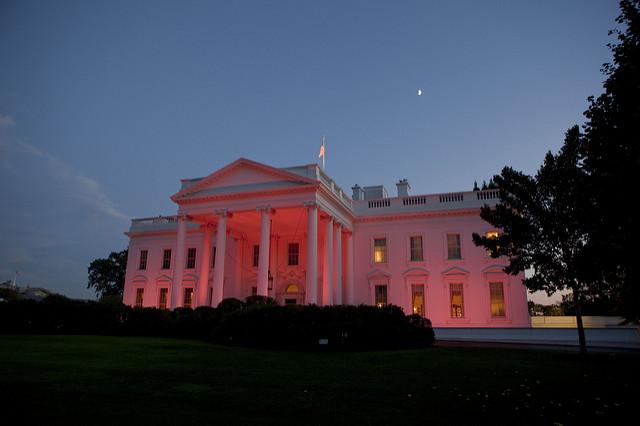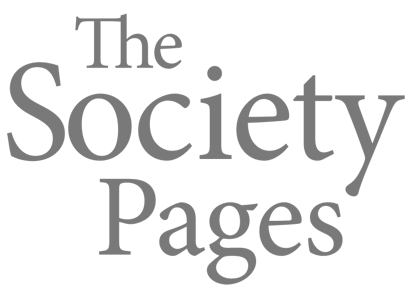Mandatory reporting, reproductive health, and even climate change are all areas with policies that have broader gender implications. Scholars at the University of Minnesota have created The Gender Policy Report, a nonpartisan project dedicated to curating and sharing information about the gender equity implications of various United States policies from scholars nationwide.

“Our objective is to translate scholarship from the academy to broader public audiences to reveal the gender equity implications of policy proposals and to offer solutions to improve policymaking,” says Dr. Christina Ewig, faculty director of the Center on Women, Gender and Public Policy.
Founded in January 2017 as a project of the Center on Women, Gender and Public Policy at the University of Minnesota’s Humphrey School of Public Affairs–one of America’s top 10 professional public policy and planning schools–the Gender Policy Report is financially supported by the Humphrey School of Public Affairs, the UMN College of Liberal Arts’ Race, Indigeneity and Sexuality Studies (RIGS) Initiative, and the Women’s Foundation of Minnesota. As faculty director of the Center on Women, Gender and Public Policy, Dr. Ewig launched the Gender Policy Report in January 2017 to build off of energy generated from various policy proposals that took form during the 2016 presidential campaign season.
In addition to keeping the national conversation on gender and policy going, other objectives of the Gender Policy Report include creating a community of scholars at the University of Minnesota interested in gender and policy. With 10 interest areas including criminal justice, education, health, and economic security, contributors and curators come from academic areas inside and outside the U of MN, including the U of MN’s College of Liberal Arts, the Carlson School of Management, and the College of Education and Human Development.
The Gender Policy Report publishes weekly posts and dialogues where a group of scholars or scholars and practitioners provide different angles on a particular topic.
“In July 2018, we launched a dialogue on sexual misconduct reporting policy, tying it into the University of Minnesota’s policy,” Dr. Ewig says. “We published six pieces that provide different sides of the issue. For example, one set of scholars wrote about their survey of undergraduates that explored student views of mandatory reporting. Their findings clarify how the policy of mandatory reporting could be encouraged and at the same time how it could dampen desires to report.”
The Gender Policy Report seeks to share content with an audience of citizens, academics, activists, and organizations engaged in policy development, as well as policy makers. It also seeks to build a community of policy-engaged scholars, offering professional development opportunities for scholars engaged with the Gender Policy Report. For example, in September the Scholar Strategy Network (SSN) came to campus to host a workshop for Gender Policy Report contributors and curators, sharing tips on how to best reach policy makers with their research.
Looking to the future, Dr. Ewig hopes the Gender Policy Report will continue to be a place to go to understand what research says about the gender implications of specific policies and to see what the solutions to those policy problems might be.
“We try not to just critique but also come up with ways to move forward—to formulate better policies.”
Be sure to read about other UMN research projects at “Research with Minnesota!”
Official White House Photo by Lawrence Jackson

